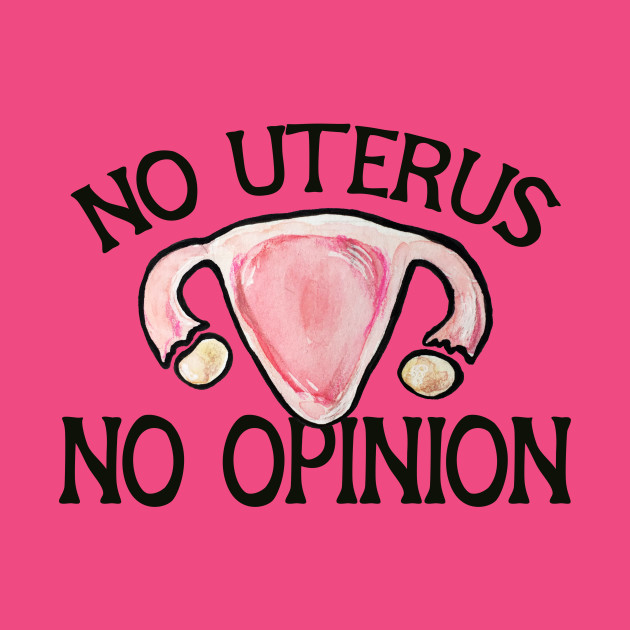It's that time of year again...when anti-Easter memes make their way on the internet.
There's this, stating that Easter gets its name from a Germanic pagan goddess of fertility named "Eostre":
And this, claiming that Easter gets its name from the Babylonian goddess of fertility, "Ishtar":
Easter is not pagan. It is Christian and comes from the Jewish tradition of the Passover, where a lamb was sacrificed to atone for the sins of Israel. Jesus is the Lamb of God, who takes away the sins of the world. As St. Paul wrote, "Christ our Pascha (Passover) has been sacrificed for us"--1 Cor 5:7. And, thus, in almost every other language except English and German, Easter is called by a derivative of the Hebrew word for Passover, Pesach. In Spanish it's called Pascua; in Greek it's Pascha,; in Tagalog (Filipino) it's Pasko; in Malay it's Paskah.
So in virtually every other language any accusation that "Pascua" comes from a pagan reference to "Ishtar" or "Eostre" would be nonsensical.
It's only an objection that an English-speaker could make, thousands of years after Easter was already being celebrated by millions of people around the globe.
The memes above also make references to eggs and bunnies originating in paganism. And this website finds eggs, bunnies, (and, curiously, hot cross buns and ham!) to be quite sinister.
It’s important to note that eggs were noted fertility symbols, as for rabbits, Tammuz was noted to be especially fond of rabbits, and they became sacred in the ancient religion, because Tammuz was believed to be the son of the sun-god, Baal. Tammuz, like his supposed father, became a hunter.The day came when Tammuz was killed by a wild pig. Queen Ishtar told the people that Tammuz was now ascended to his father, Baal, and that the two of them would be with the worshippers in the sacred candle or lamp flame as Father, Son and Spirit.Ishtar, who was now worshipped as the "Mother of God and Queen of Heaven", continued to build her mystery religion. The queen told the worshippers that when Tammuz was killed by the wild pig, some of his blood fell on the stump of an evergreen tree, and the stump grew into a full new tree overnight. This made the evergreen tree sacred by the blood of Tammuz.She also proclaimed a forty day period of time of sorrow each year prior to the anniversary of the death of Tammuz. During this time, no meat was to be eaten. Worshippers were to meditate upon the sacred mysteries of Baal and Tammuz, and to make the sign of the "T" in front of their hearts as they worshipped.They also ate sacred cakes with the marking of a "T" or cross on the top. Every year, on the first Sunday after the first full moon after the spring equinox, a celebration was made. It was Ishtar's Sunday and was celebrated with rabbits and eggs.Ishtar also proclaimed that because Tammuz was killed by a pig, that a pig must be eaten on that Sunday. By now, the readers of this tract should have made the connection that paganism has infiltrated the contemporary "Christian" churches, and further study indicates that this paganism came in by way of the Roman Catholic System.The forty days of Lent, eggs, rabbits, hot cross buns and the Easter ham have everything to do with the ancient pagan religion of Mystery Babylon.Worshipers of the Babylonian religion celebrated the conception of Tammuz on the first Sunday after the Full Moon that followed the Spring Equinox..
Since eggs and bunnies (and hot cross buns and ham) are not referenced in our Catholic theology/doctrine/worship at Easter, this objection can be easily dismissed. Eggs and bunnies and buns and ham are not inherent to our understanding of Easter, but are rather a cultural tradition many people have embraced.
Finally, even if it were true that Easter developed from paganism, Christianity took it, elevated it, made it holy and sacred, and now we claim it as ours. No Christian is inadvertently worshipping a Germanic or Babylonian goddess by observing Easter rituals.
Indeed, no one can worship something without intending to worship it.

